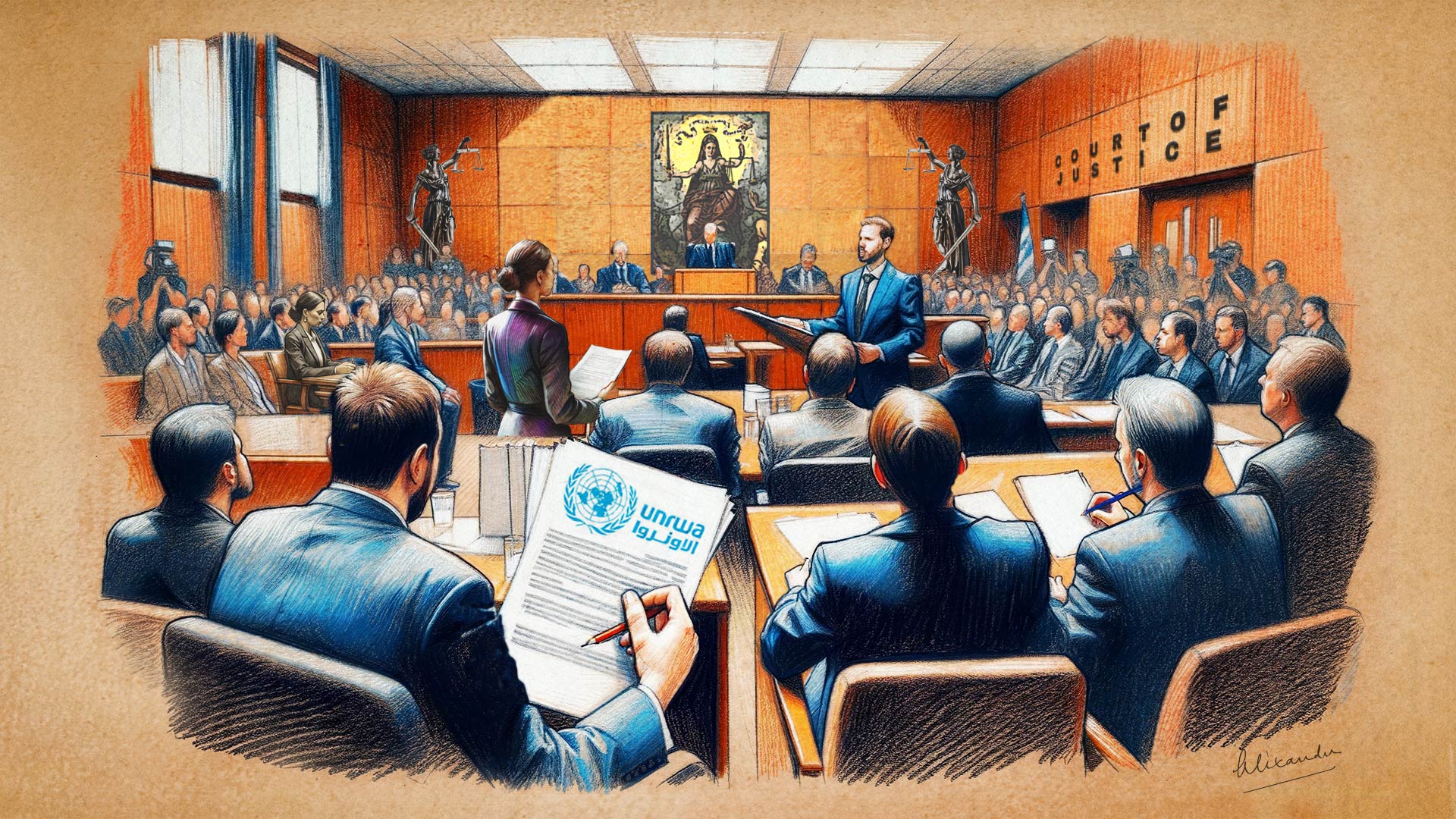Arab countries have so far failed to take meaningful measures to contain the war in Gaza. Their involvement in high-profile Gaza-focused conferences such as the Doha Forum on December 11, calls for a ceasefire, and conflict mediation efforts have implied the Arab region’s commitment to finding a unified collective position against Israel’s violence and to end the calamity in Gaza. Public displays of support for the Palestinian cause notwithstanding, Arab regimes vested interests in moving towards normalisation or strategic alliances with Israel look likely to continue when the Gaza conflict ends. Such interests, explored below, will underpin the extent of Arab countries’ involvement in the “day after” the war in Gaza.
Security and geostrategic dimensions
Security and geostrategic considerations majorly contribute to inflating Israel’s appeal to Arab countries seeking to better their place in the pecking order of regional heavyweights. Underpinning this is deep-rooted concern over an Iranian threat, either because of Iranian-backed proxy militia groups stationed around the MENA region – the so-called axis of resistance –or Iran’s pursuit of nuclear weapons.
Despite recent improvements in Tehran-Riyadh diplomatic relations, Saudi Arabia will not quickly forget, for example, the 2019 attack on the Saudi oil-giant Aramco, suspected to be linked to Iran. The Gulf superpower laid out its demands on the negotiating table: for the Kingdom to diplomatically recognise Israel, the US needs to provide it with security guarantees, namely reducing current US arms sales restrictions, and support with developing a civilian nuclear energy programme. For Saudi Arabia, possessing uranium reserves, even if it claims they are primarily for the purpose of diversifying its non-oil energy sector, could deter Iran from recklessly expanding its nuclear stockpile.
The Hamas-Israel war is unfortunately one of many wars to ensnarl the region in recent years. The knock-on effect for regional security is a reality that concerns all Arab countries. For instance, since the Hamas-Israel war began, Yemen’s Ansar Allah, aka the Houthis, declared war on Israel and has fired ballistic missiles and drones towards Israel and ships in the Red Sea heading towards Israeli ports. The recent escalation in Ansar Allah-linked events has caused a significant disruption to trade in oil and liquified natural gas (LNG) and is drawing in US involvement. Iran-backed armed groups in Iraq and Syria have ramped up their attacks against US forces and assets; and fatal fire exchanges between Hezbollah and Israeli forces along the Lebanon-Israel border is growing into an increasingly serious situation, indicating that war between these two enemies remains an inevitable eventuality to many.
Israel, with its mighty, sophisticated defence industry, its exports reaching $12.5 billion in 2022, is therefore an appealing partner in crime to Arab states which want to strengthen their security and strategic capabilities. In fact, a quarter of Israel’s arms exports go to Arab ‘normalised states’, a trade that has gained significant traction since the signing of the US-brokered Abraham Accords between the UAE, Bahrain and Israel in September 2020, later adopted by Morocco and Sudan. Morocco, for example, has justified its enhanced security cooperation with Israel under the pretext that Iran provides the Polisario Front with arms and military equipment. It just so happened that Morocco’s signing of the Abraham Accords also guaranteed Israeli and US recognition of Morocco’s autonomy over the long-disputed Western Sahara.



